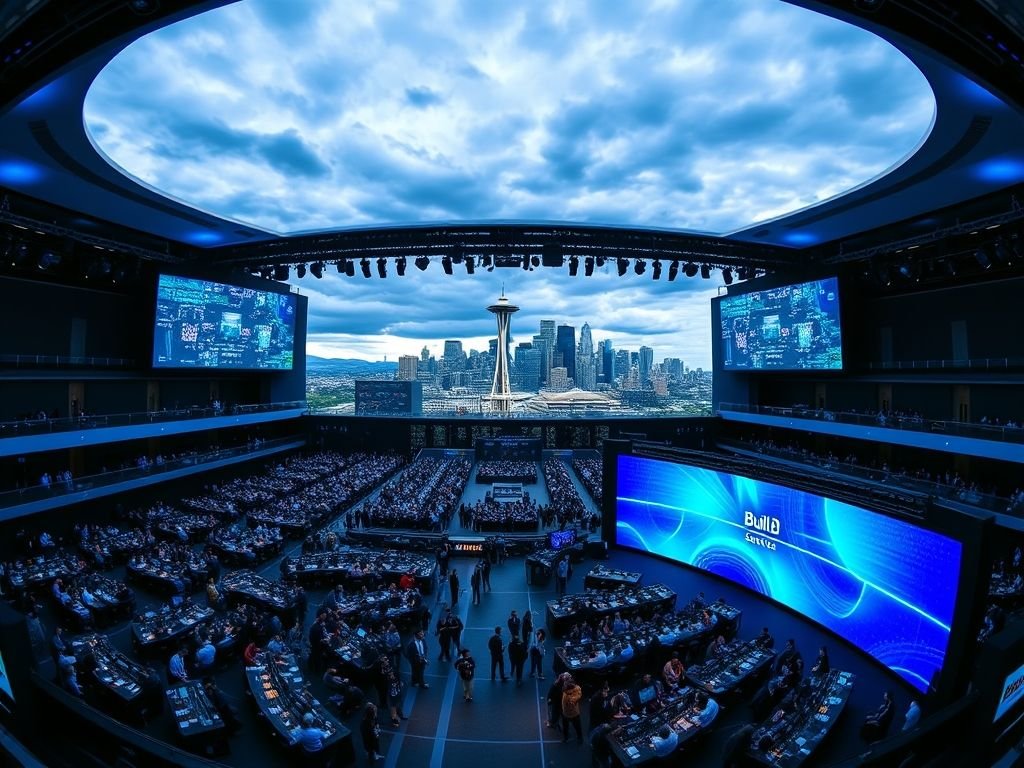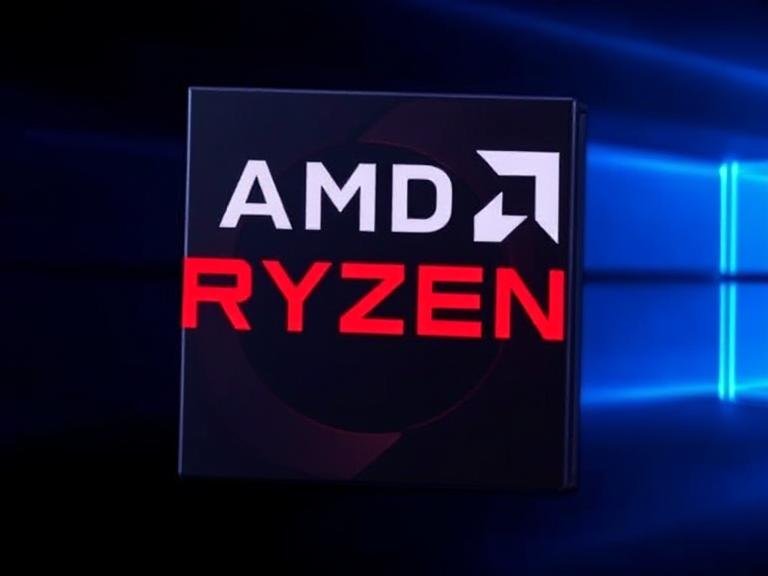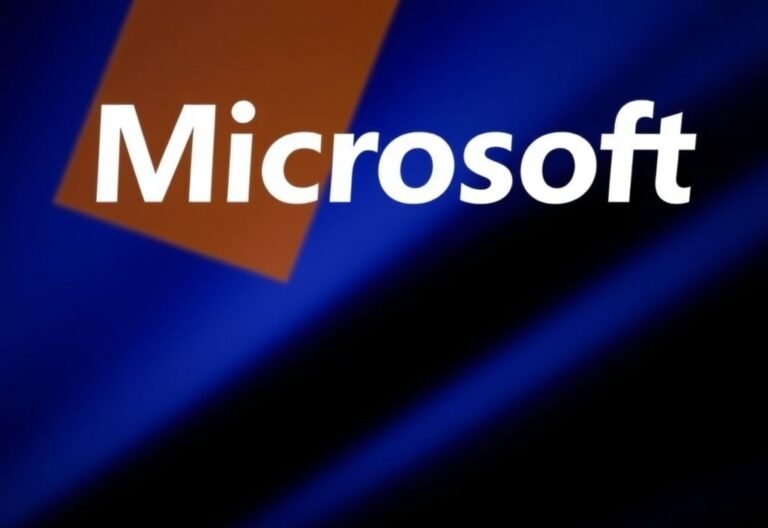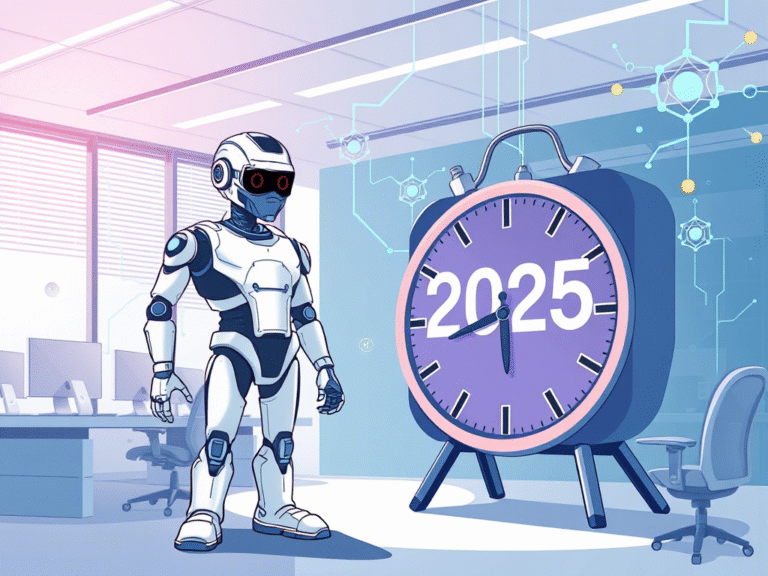
Why Microsoft Decided to Move the Build Conference Out of Seattle
Microsoft’s annual Build developer conference , a major event in the tech calendar since 2011, has long been a key gathering for developers, engineers, and industry professionals. In 2017, the company moved the event from San Francisco to its headquarters in Seattle , aiming to offer a more cohesive experience by bringing together internal teams and external attendees in one location.
However, recent reports suggest that this era is coming to an end.
📢 Microsoft Build Leaves Seattle: What We Know
According to a post on X by journalist Jonathan Choe , Microsoft has decided to relocate the Build conference out of Seattle starting in 2026. The news came via an email sent by Visit Seattle , the city’s official tourism and marketing organization, to its members.
The email outlined several reasons behind Microsoft’s decision, including concerns about declining attendance, scheduling conflicts with Google I/O , and challenges in maintaining audience engagement post-pandemic.
By relocating Build, Microsoft aims to revitalize the event and attract a broader global audience. Potential new locations under consideration include San Francisco and Las Vegas — both well-established hubs for large-scale tech events.
🏙️ Urban Conditions Also Played a Role
Interestingly, the condition of downtown Seattle also factored into the decision. During the most recent Build event, some Microsoft executives and attendees reportedly expressed discomfort while walking between venues — particularly near the Arch Tunnel on 8th Street , where open drug use and encampments were visible.
This issue was further highlighted by local restaurant owner David Meinert , who noted complaints from attendees about urban decay, cleanliness, and safety concerns in parts of the city.
These factors, combined with logistical and strategic considerations, appear to have influenced Microsoft’s final call to move the conference elsewhere.
💰 Economic Impact on Seattle
The relocation of Build will have financial consequences for Seattle. According to Visit Seattle, the event brings approximately 9,314 hotel room nights annually , contributing significantly to the local hospitality and service sectors.
With Build leaving, many businesses that benefited from the influx of thousands of visitors each year may feel the economic impact — raising questions about how the city will respond to retain similar high-profile events in the future.
⚖️ Political Reactions and Future Implications
Given Microsoft’s status as one of Seattle’s largest employers and most influential companies, the decision could trigger political debate within the city. Critics are likely to question how downtown conditions — especially around homelessness and public safety — are being managed by city officials.
This move may serve as a wake-up call for policymakers, pushing them to address ongoing urban challenges that affect not only residents but also major corporations and international events.





